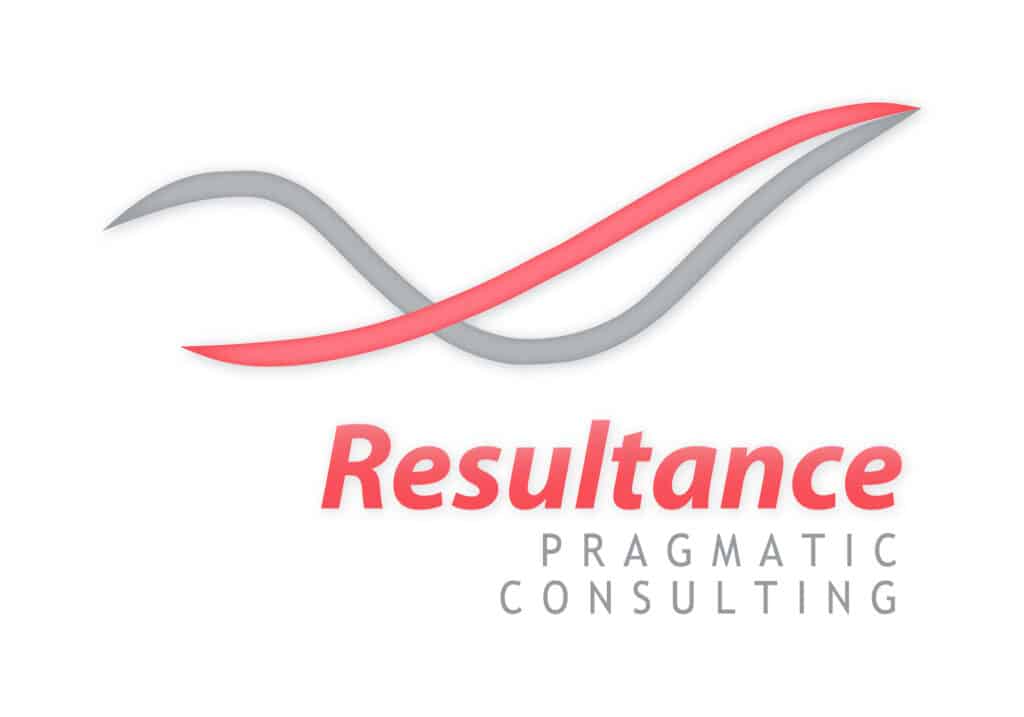Waste Reduction with parameter optimization: 33% failure reduction for leading technical yarn Manufacturer
Resultance is an international mid-sized advisory firm and partners with Faktion for the delivery of A.I. projects. Resultance specializes in supporting organizational transformation projects, operational performance improvement, and change management in the world’s largest companies.
Together with Faktion, we helped one of their clients to find ways of increasing material yield in their manufacturing and production lines. Due to parameter optimization, the project resulted in a successful prediction model, able to reduce waste significantly without the need of interfering with the live production process. Read more on how we did that.

Consultants at Resultance were working for a major manufacturer of technical yarns, dedicated to the tire, industrial, technical and offshore mooring industries. This leading company was looking to go further in the control of its manufacturing process of high-tenacity polyester filament yarns.
Besides having flexibility and speed at the core of their operations, the client was also committed to improving their activities to apply sustainable solutions. In other words, a perfect fit in mission and culture with us at Faktion and a great opportunity to apply machine learning for operational optimization. Read below how our clients at Resultance experienced our collaboration in optimizing the customer’s processes in the factory.
How would you define the scope of this collaboration?
We support our clients in their transformation and digitalization process. This company used advanced statistical process control techniques; it was therefore necessary to go further with the latest technologies and digital applications to optimize activities and improve the company’s performance. As the use of machine learning has become obvious, we have found in Faktion the ideal partner for the implementation of this technology.
We approached Faktion to assist us in delivering this digitalization project in the most efficient way. The optimization use case was scoped at increasing material yield from production lines.
Initially, two different optimization options were considered. In the first one, we looked at the case of optimizing the timing of flushing operations so that the frequency at which the reaction tanks have to be cleaned could be reduced. The second option was to reduce the number of fractures in the plastic fiber at the end of the production line. In this case, we needed to analyze, and re-engineer the process parameters to increase output quality.
We focused mainly on this second option where Faktion helped us look at correlations between certain production line settings and the number of fractures that finally occurred. After developing the model, we were able to perform optimizations in the process based on this.
Very quickly, Faktion helped us to spot and identify the actions that would generate the best impact on the factory’s lines.
How did you experience the collaboration?
From the very start, the exchanges with the ML engineering team at Faktion were very professional and quick. It gave us a good impression of the company as the project was the first that we tackled together.
Communication was seamless in terms of project management. Especially for the more technical part, the Faktion team was in constant contact with our team and the discussions were very informative.
We appreciated the clear and simply explained presentations of what could be classified as complex material. Friendly contact with the young and dynamic staff was a bonus to a pleasant and fruitful collaboration. The result was a successful partnership and we learned a lot from each other.
How do you assess the content of the project?
This manufacturing process is subject to high demands and great complexity. Understanding the whole chain of production was quintessential to engineer improvements in the system.
The partnership with Faktion has found all its meaning through their expertise in Machine learning tools combined with our ability to understand the process, translate and make the link with the digital world to create value in the eyes of the customer.
What was the outcome of the project?
At the end of the project, our Machine Learning model was able to successfully predict fiber fractures based on the key parameters and adjust these to greatly increase material yield. Further parameter optimization enabled the model to optimize the production process of these high-tenacity polyester filament yarns.
The final model, a result of solid teamwork between Resultance and Faktion, predicted no less than 33% fewer failures in the winder: a significant optimization of the final yield leading to a reduction in wastes and a clear ROI.
From the very start, the exchanges with the ML engineering team at Faktion were very professional and quick. Communication was seamless in terms of project management. Especially for the more technical part, the Faktion team was in constant contact with our team and the discussions were very informative.

